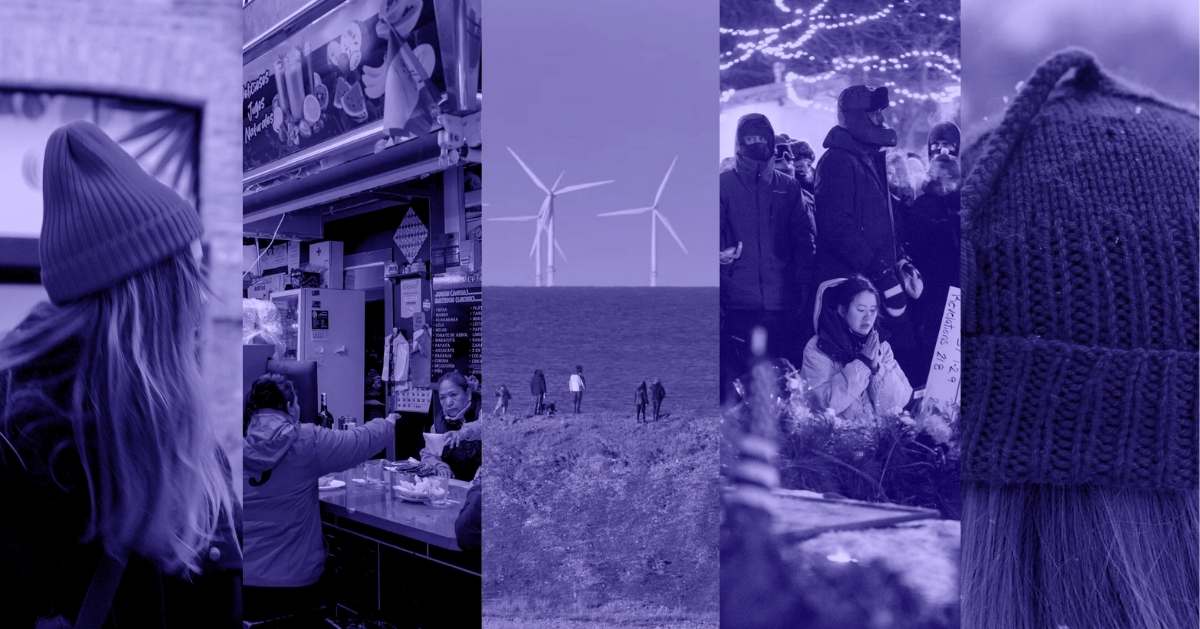Officials celebrated on May 12 when their trail cameras at Si Phang Nga National Park — on the southern peninsula of Thailand — captured rare footage of Asiatic bears roaming the land.
Asiatic black bears, also known as “buffalo bears” or “moon bears,” are slightly smaller than American black bears, with a mane-like ruff on both sides of their faces and a light, crescent-shaped patch on their chests.
Asiatic black bears are found in forests throughout Eastern Asia, everywhere from Afghanistan to Vietnam, but they are classified as “vulnerable” on the International Union for Conservation of Nature’s Red List of Threatened Species.
According to the IUCN, the Asiatic black bear has declined by 60% in the past 30 years, largely due to the devastating impacts of the bear bile farming industry.

The harmful practice of bear bile farming has caused thousands of bears to be ripped from the wild and placed in small cages for the sake of extracting their bile, which contains ursodeoxycholic acid, to regionally treat inflammatory and liver-related conditions.
For years, Animals Asia has been working to end bear bile farming by building bear rehabilitation sanctuaries, running public awareness campaigns, and lobbying to strengthen existing laws banning the sale of bear bile.
“To date, 700 bears have been received into our care,” Animals Asia said in a statement on their website. “In 2023, we opened our second sanctuary in Vietnam. This came after we signed a historic agreement with the Vietnamese government to end bear bile farming for good.”
“This new sanctuary will be home to around 250 bears, the last survivors of the country's bile industry.”
Thanks to widespread conservation efforts like these, Asiatic black bears have been slowly making a comeback in the wild.
Which is why officials at Si Phang Nga National Park cheered at the sight of the Asiatic black bears rummaging for food near their trail camera sites in early May.
In addition to capturing rare footage of two “buffaloes,” the trail cameras also recorded a variety of deer, kestrel falcons, and a pack of wild monkeys in the space of a single month.
Thirapol Chatthai, the head of the Sri Phang Nga National Park, said that the footage was cause for celebration.
“The buffalo found in the area is a good sign because [the] buffalo is an animal that forages in fertile areas and requires a large area to forage,” Chatthai shared on the park’s Facebook page.
“Its presence is therefore an indicator of the completeness of the ecosystem in the park.”
Header image via Setaphong Tantanawat / Wikimedia Commons (CC BY-SA 4.0)



